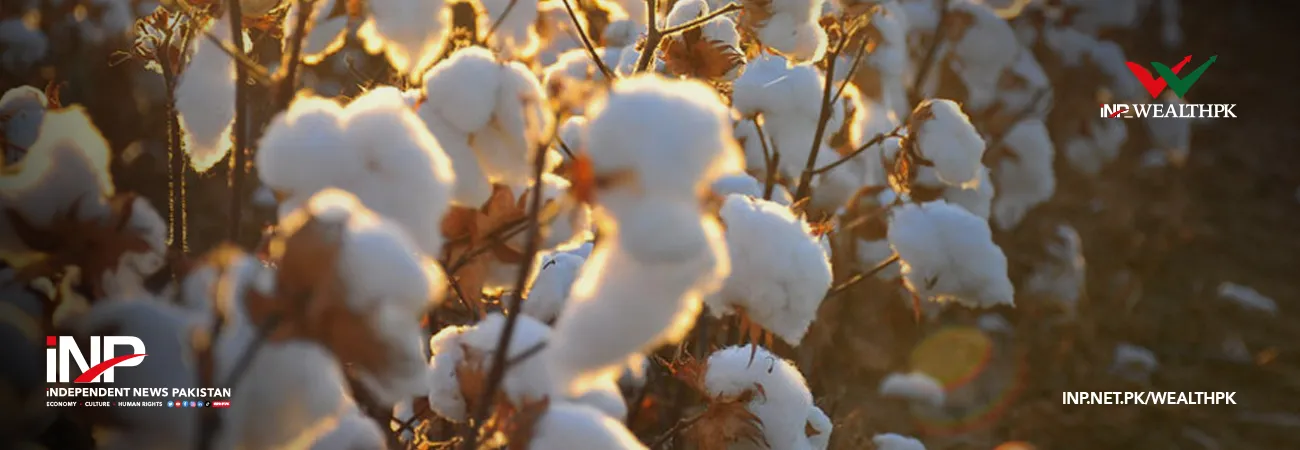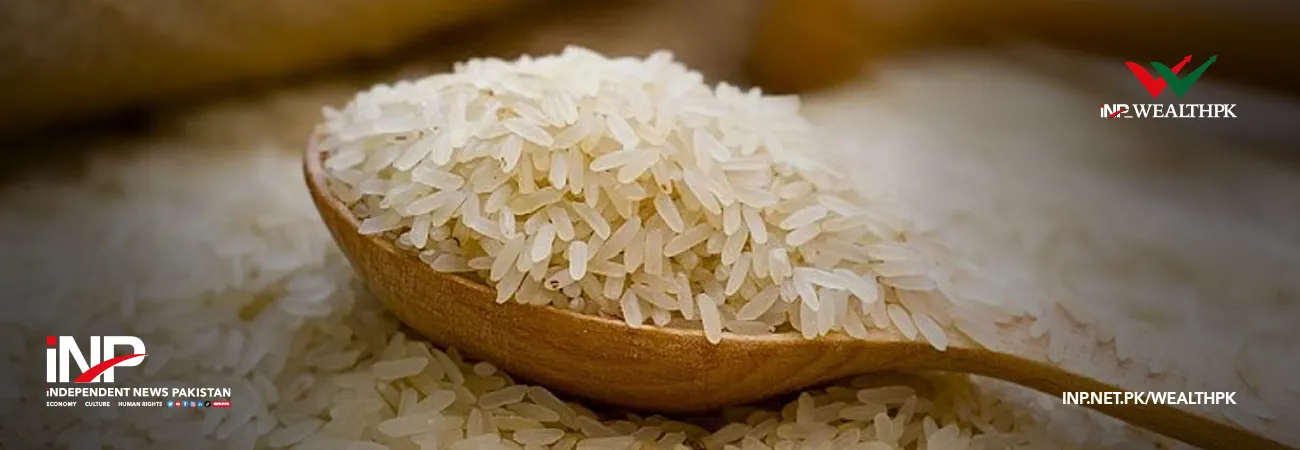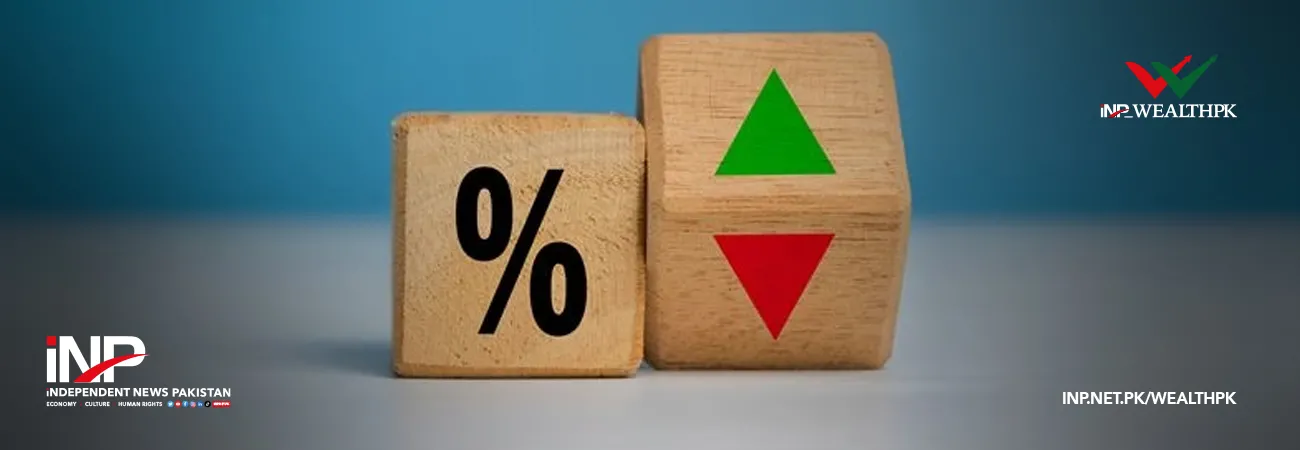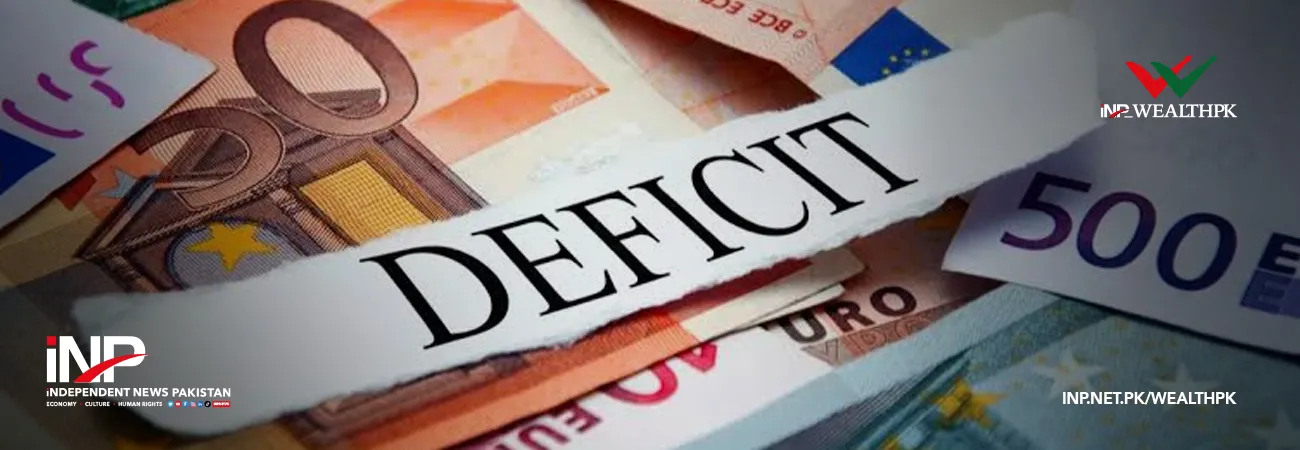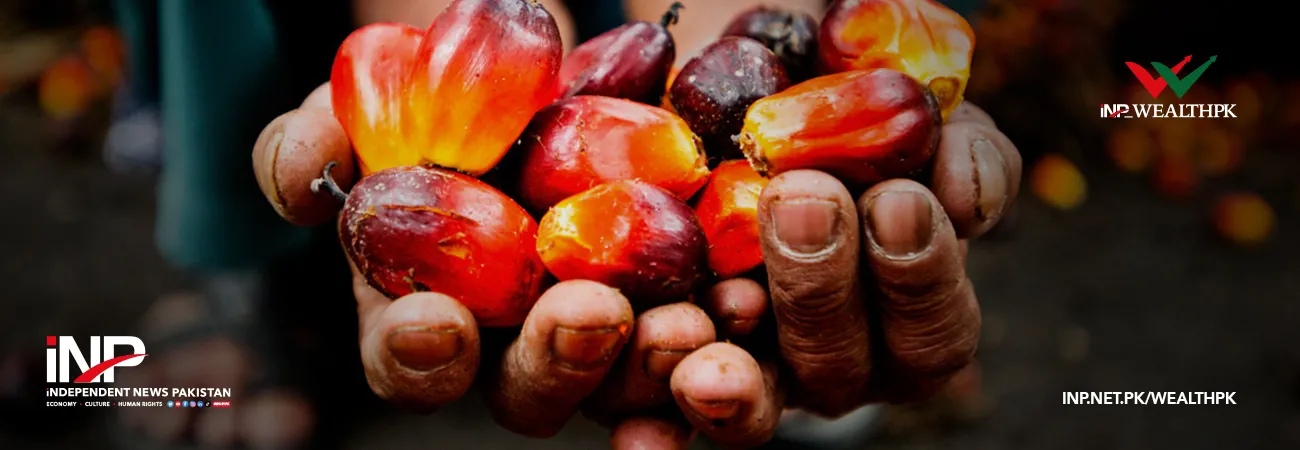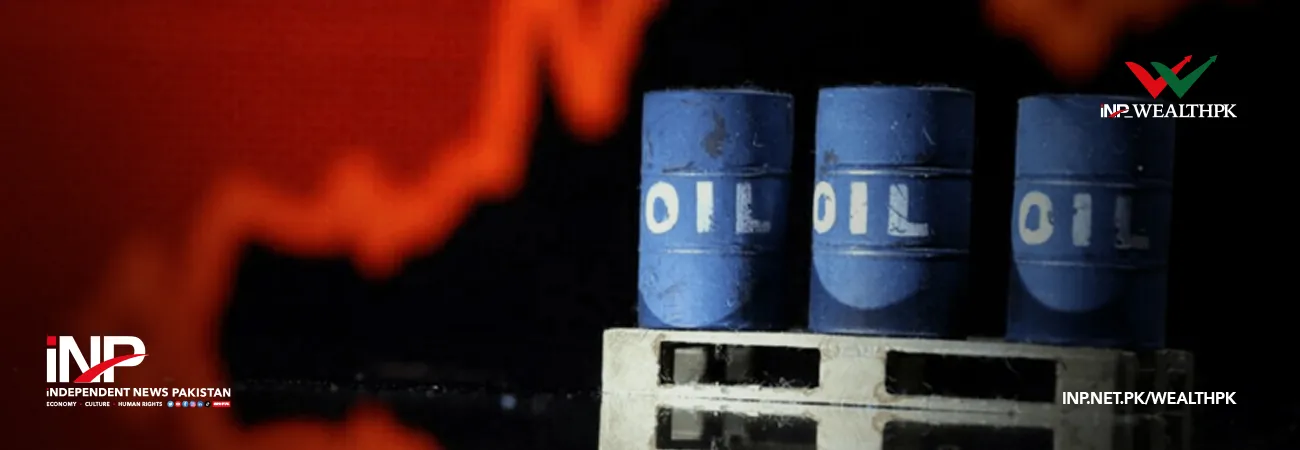INP-WealthPk
Azeem Ahmed Khan
Former chairman of Pakistan Cotton Ginners Association (PCGA) Sohail Mahmood Harral has called on the government to take immediate action to support the fast-declining cotton industry.
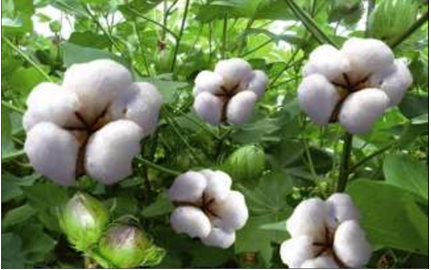
“Without swift government intervention, the country's once-thriving cotton sector may soon face irreversible collapse,” he warned while talking to WealthPK. He highlighted that cotton production and per-acre yield had been steadily decreasing since the 1990s, largely due to the government inaction. Sohail said the government had failed to address the industry's ongoing decline, which had persisted for more than two decades.
He claimed that the cotton industry, once a major pillar of the economy, was being deliberately "destroyed under a planned conspiracy." Several other factors have contributed to the downturn in cotton production, including erratic rainfall, extreme temperatures, pest infestations, water shortages, and spread of diseases such as cotton leaf curl. Despite these challenges, Sohail emphasized that Pakistan's research institutions had yet to develop climate and pest-resistant cotton seeds.
He also criticized the low efficacy of pesticides, which, he said, suffered from inadequate quality control and lack of proper legislation. Sohail also pointed to the Central Cotton Research Institute, Multan, which had not received any research-oriented funding for years. The government has made the funding conditional on the textile mills owners paying a cess, which, he said, was not an adequate solution.
"There is an urgent need to allocate financial resources to the research institutions," he stressed. The former PCGA chairman also criticized the government policies, which he said had discouraged farmers. The profitability of cotton farming has significantly decreased, prompting some farmers to leave the industry altogether, he added. He traced the decline back to the 1990s, following a bumper crop of 15 million bales in 1993.
Since then, successive governments have focused on establishing sugar industries and promoting sugarcane and rice cultivation, even in cotton-producing areas, he added. Sohail called for restrictions on the cultivation of sugarcane and rice in cotton-growing regions, as these crops required large amounts of water, exacerbating water scarcity in these areas. He pointed out that sugarcane needed 10 times more water than cotton, while rice required 30 times more water.
He also criticized sugarcane and rice farmers for drilling excessive amounts of water to irrigate their crops, further depleting the groundwater resources. Sohail claimed that the dried-up water channels, caused by government policies, had worsened the situation. Rivers like the Sutlej and Ravi are nearly dry, while water in the Chenab River flowed only occasionally. The Jhelum River, too, remains active only due to the Mangla Dam, he said.
“These water channels has helped maintain underwater levels in the country,” he added. He lamented that Pakistan, which was once ahead of India in cotton production in the 1990s, now lagged behind major cotton producers such as China, the United States, Brazil, and Australia. "Today, we are the biggest buyers of Brazilian cotton and the second-largest buyers of American cotton," he said.
Mahmood also accused the government of deliberately taxing the cotton industry and providing unfair advantages to foreign competitors. He pointed out that Pakistani farmers did not receive essential inputs, such as water, electricity, fertilizers, and pesticides, at the same subsidized rates as farmers in other cotton-producing countries. "If our farmers do not receive water, electricity, and inputs at concessional rates, it is unfair to allow duty-free access to foreign cotton in our markets," he argued.
He further criticized the government's policy of imposing heavy duties on sugar imports while subsidizing its exports. "Local cotton producers have to pay 18% sales tax, despite our higher production costs compared to the competitors," Sohail said. “Imported cotton faces no sales tax, which is grossly unfair." The cost of fertilizers in Pakistan also remains high, with urea priced at Rs4,600 per 50kg bag, compared to Rs1,000 in India. Similarly, DAP fertilizer costs Rs11,700 per 50kg bag in Pakistan, while in India, it is priced at Rs3,200, he said.
The cost of electricity in Pakistan is also higher, 16 cents per unit, compared to around 9 cents in other countries, a situation that Sohail believes puts Pakistani farmers at a competitive disadvantage. He also criticized the practice of using the imported yarn to make fabric in Pakistan. He said the local spinning industries had weakened due to the tax burden on the locally produced cotton.
"Either imported cotton should be taxed, or local farmers should be given tax exemptions too," he suggested. Sohail called on the government to disclose figures regarding the total sales tax collection and refunds made on cotton exports. He alleged that cotton businessmen were receiving less in refunds than the sales tax they had paid, with the statistics not being shared transparently.
Credit: INP-WealthPk



